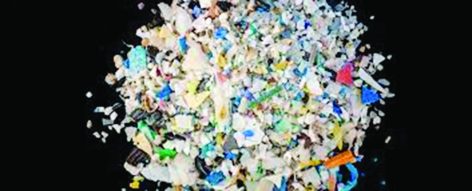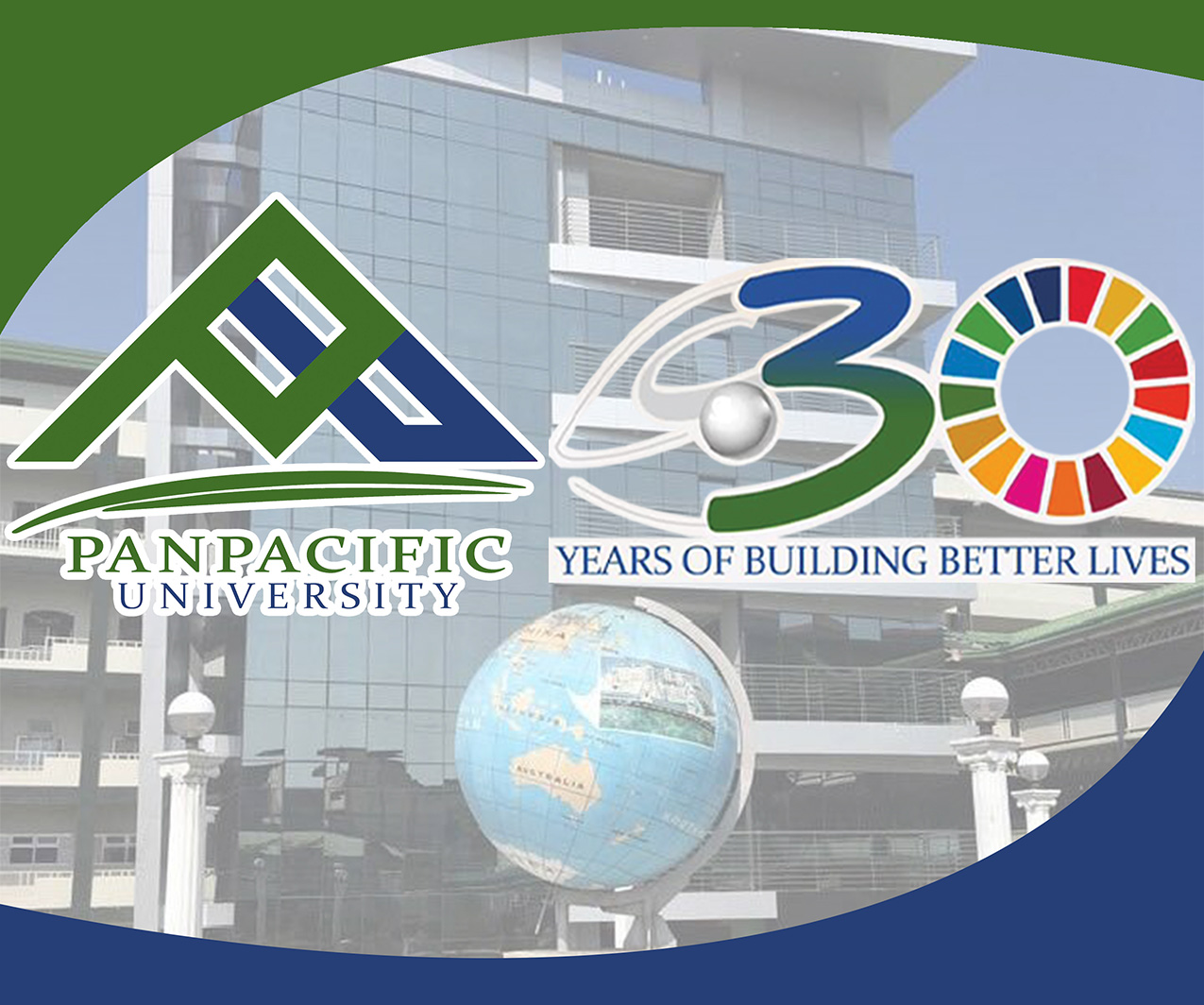For their study, Li and Zeng, professors at Guangzhou Medical University and Jinan University, respectively, created simulated tap water with all of the commonly occurring minerals and chemicals – and microplastics. They wanted to understand whether simply boiling water would be effective at removing the tiny plastic particles.
 What they found was dramatic – especially in “hard” water, or water with large concentrations of minerals like calcium and magnesium. At high enough temperatures, calcium carbonate (which is commonly found in tap water) will become solid, effectively encapsulating or “encrusting” the plastic particles, and making them easy to remove through a simple filter, such as a coffee filter.
What they found was dramatic – especially in “hard” water, or water with large concentrations of minerals like calcium and magnesium. At high enough temperatures, calcium carbonate (which is commonly found in tap water) will become solid, effectively encapsulating or “encrusting” the plastic particles, and making them easy to remove through a simple filter, such as a coffee filter.
The researchers said via email there is a lot more work to be done to fully understand the impact of microplastics on human health – and the benefits of boiling and filtering drinking water to remove them. Because water quality and the amount of microplastics in water varies from region to region, this strategy may be more or less effective depending on where you live.
“This study is aimed to stimulate more studies,” the scientists wrote in their new paper. But they also noted that boiling water is relatively easy to do and has other health benefits – like killing potentially harmful microbes, parasites and viruses.
If you want to try it, the researchers cautioned you should wait 5 to 10 minutes to let the solids settle – and let the water cool. Then you can filter out the solids.
Reddy said he doesn’t think people need to start boiling all their drinking water, especially since this might be less effective with “softer” water. But part of what he found hopeful about the new paper is how attainable the solution it offers is.
“Are we going to be able to go and vacuum up every piece of plastic that’s on the Earth already now? No,” Reddy said. “But I do think that we can make meaningful, broad scale change in how plastic is potentially impacting our present.”









